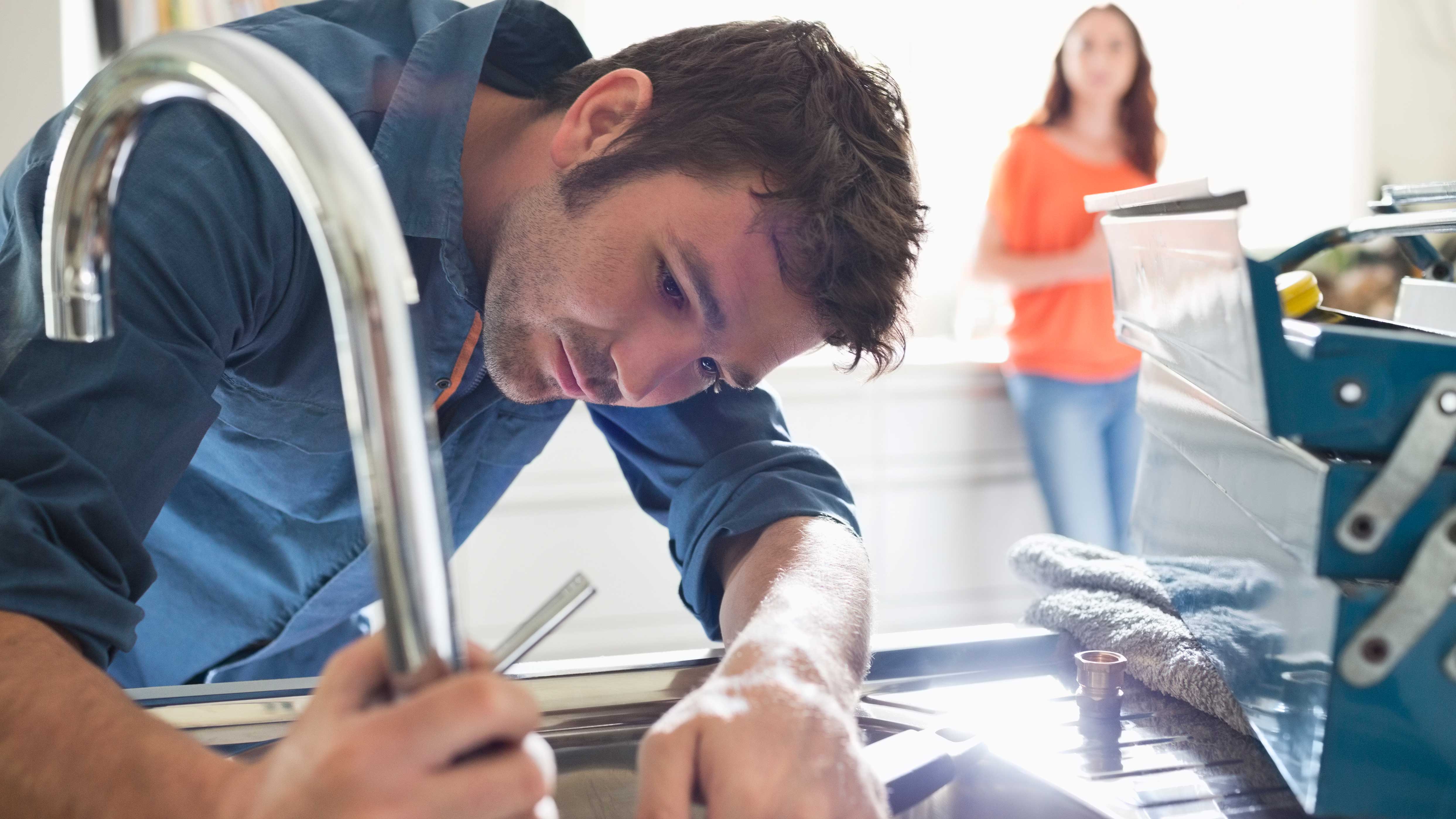These are the 5 costly house repairs homeowners should save for
With the average household repair job costing £5,000, make sure you're clued up on what things cost so you can be financially prepared


Get small space home decor ideas, celeb inspiration, DIY tips and more, straight to your inbox!
You are now subscribed
Your newsletter sign-up was successful
When you buy a house or flat, particularly for the first time, you might be tempted to stretch yourself on the mortgage. But what about when something major goes wrong with the house. There are, for example, few worse feelings than when the boiler goes and you know there's a big bill on its way to you – one that you hadn't bargained on having to fork out on.
But house repairs are inevitable, and factoring in their cost is a must. And that's something you can only do if you're financially prepared.
Unsurprisingly, however, research from price comparison experts Money Guru has revealed that many homeowners have no recourse to contingency funds. In fact, it takes a quarter of us up to eight years to save for unexpected household repair costs.
But what are the top unexpected household repairs you should put money aside for – or at least be prepared for? And how much they cost to rectify? Find out now so you can prepare for the worst and save yourself a head (and wallet) ache down the line.
The most common repairs are:
- Windows: an initial bill for a house with 10 windows starts at around £5,450;
- Kitchen: a replacement kitchen when you move into a new house could set you back £8,000;
- Bathroom: a totally new bathroom costs around £4,500 including furniture and installation;
- Boiler: replacement boiler bills can vary between £500 and £2,500; read our guide to choosing a boiler to find a new one;
- Roof: while the price of a new roof depends on the material, the average cost to fit a new roof is £4,900.
With one in four homeowners saving just £50 a month to cover emergencies, it would take eight years to save for the average £5,000 repair bill.
The most popular method to cover the costs of repair? To use savings. However, 14 per cent of homeowners said they added the bill to their mortgages, and a further 10 per cent took out a loan.
Get small space home decor ideas, celeb inspiration, DIY tips and more, straight to your inbox!
- Catch those little faults and fix them up before they get worse with our top maintenance jobs

Formerly deputy editor of Real Homes magazine, Ellen has been lucky enough to spend most of her working life speaking to real people and writing about real homes, from extended Victorian terraces to modest apartments. She's recently bought her own home and has a special interest in sustainable living and clever storage.